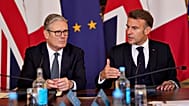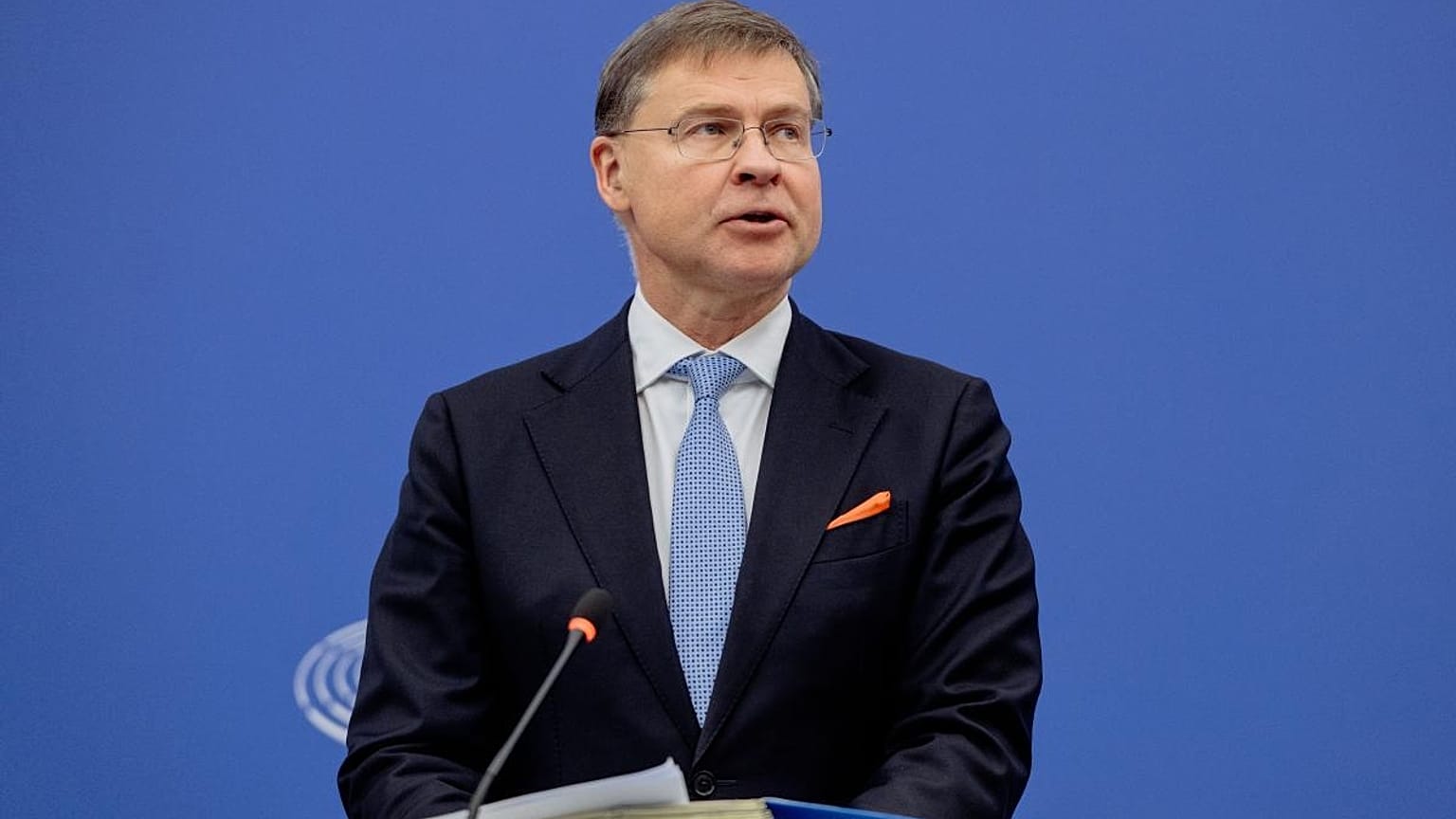Eight member states, including Spain, Hungary and the Netherlands, could face a formal reprimand from the European Commission in June if they do not take further action to stay within the EU’s public spending rules.
The European Commission warned today that public spending in countries like Spain, Hungary, Malta, and the Netherlands is drifting away from the agreed fiscal paths and risks falling into non-compliance with EU budget rules.
Under the current fiscal framework, EU governments must keep their budget deficits below 3% of GDP and public debt under 60% of GDP. The Commission must assess not only each country’s budget for next year, but also whether their longer-term deficit plans are credible.
“We invite the member states where there are risks to take necessary measures to ensure compliance,” European Commissioner for Economy Valdis Dombrovskis told reporters in Strasbourg. "This is particularly important for member states under the excessive deficit procedure".
The warning comes as EU capitals have been given more fiscal flexibility to strengthen their defence capabilities and boost their industrial investments, partly in response to demands from US President Donald Trump that allies spend at least 5% of their GDP on defence by 2035.
European governments have also found it increasingly difficult to comply with the EU’s fiscal rules amid growing trade tensions with the United States.
On 18 November, the European Commission published its latest economic forecast, which still expects the EU economy to grow by 1.4% despite the tripling of US tariffs to 15% on European goods.
Poland and Spain are driving much of that growth, with forecast growth rates of 3.2% and 2.9% in 2025 — far ahead of the rest of the bloc. Meanwhile, the EU’s three largest economies — Germany, France and Italy — are barely managing to grow at all.
Still, the Commission warns that the medium-term growth outlook remains uncertain, even if the economic shock from the higher tariffs is smaller than initially expected.
Brussels also noted that, based on the draft budget plans submitted by Croatia, Lithuania, and Slovenia, these countries must take further steps to ensure their fiscal policies for 2026 remain aligned with the medium- and long-term commitments agreed with the EU executive.
Spain has not yet submitted its draft budget for 2026, but along with Bulgaria and Hungary, it has been flagged as being at risk of breaching EU fiscal rules due to primary net expenditure exceeding the agreed norms.
For now, the Commission has simply warned these countries to reduce spending in 2026. But if national governments ignore the recommendations to stay on track, Brussels could consider proposing fines during its next budget review in the spring.
Spain’s situation is not unique. Increasingly, budget negotiations have become a flashpoint between governments and opposition parties — a trend also visible in France.
Finland reprimanded by the European Commission
Brussels also decided on Tuesday to reprimand Finland for failing to comply with EU budget rules — just a week after warning that the country’s deficit is set to jump to 4.5% of its annual GDP this year.
The European Commission will now recommend launching an “excessive deficit procedure” (EDP) against Finland in the coming weeks. This step still needs approval from EU finance ministers.
Nine other EU countries — including France, Italy, and Poland — are already under an EDP for going over the EU’s 3% deficit threshold, but Brussels is not moving ahead with any new steps for them for now.
“The deficit in excess of 3% of GDP is not fully explained by the increase in defence spending alone,” Dombrovskis told reporters.
At the same time, Dombrovskis stressed that the Commission have to recognise Finland’s “exceptional circumstances.” Russia’s war, he said, has hurt investor and consumer confidence and slowed down what has long been one of the EU’s most dynamic economies.
The Latvian Commissioner added that Finland’s decision to close its land border with Russia — which caused a steep drop in tourism — has also weighed on the economy.
Following the announcement, Finnish finance minister Riikka Purra said that the Nordic country must comply with the pace of adjustments recommended by the Council. “The next government will have their work cut out for them to adjust public finances. The work will continue over several parliamentary terms.”
Germany narrowly avoided the same fate, as the country activated the so-called "national escape clause" to boost its defence spending in 2025.















